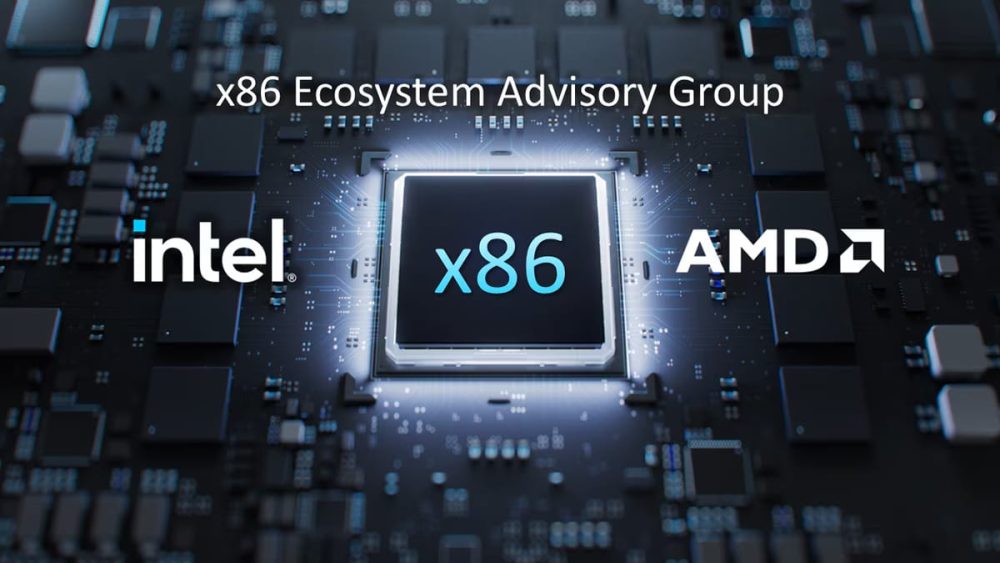Intel and AMD are celebrating the one-year anniversary of the x86 Ecosystem Advisory Group (EAG), a collaborative initiative formed in October 2024 to strengthen the future of the x86 computing platform. The group, which includes key industry partners, has made significant progress in its first year by standardizing new features designed to enhance performance, security, and developer consistency across the ecosystem.
The EAG’s mission is to ensure compatibility and predictability for x86 processors, which power devices ranging from supercomputers to handheld gaming consoles.
New Standardized Technical Features
The advisory group has finalized several key technical specifications that will be implemented across future x86 processors from both companies:
- AVX10: Established as the next-generation instruction set for vector processing, boosting computational throughput while ensuring portability across client and server CPUs.
- FRED (Flexible Return and Event Delivery): A modernized interrupt model designed to reduce latency and improve system software reliability.
- ChkTag (x86 Memory Tagging): A unified specification to combat memory safety vulnerabilities like buffer overflows. It adds hardware instructions to detect violations, helping to secure applications and operating systems without compromising performance.
- ACE (Advanced Matrix Extensions): Standardizes matrix multiplication capabilities, enabling consistent developer experiences from laptops to data center servers.
Future Direction
As the EAG enters its second year, the group plans to focus on adding new software partners, evaluating additional instruction set extensions, and reinforcing the long-term stability of the x86 architecture. The full ChkTag specification is expected to be released later this year.


